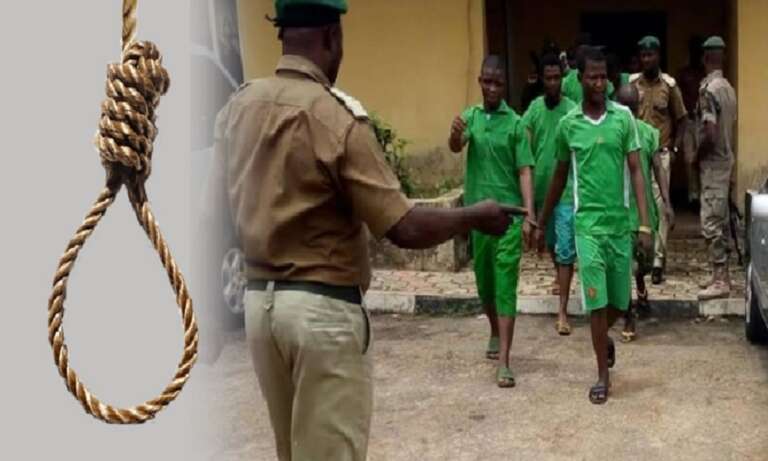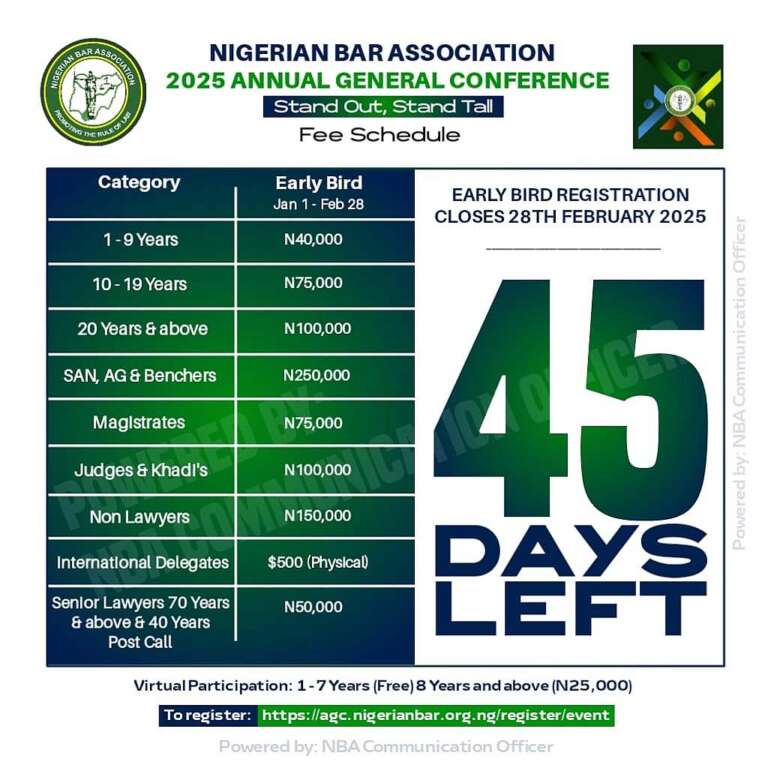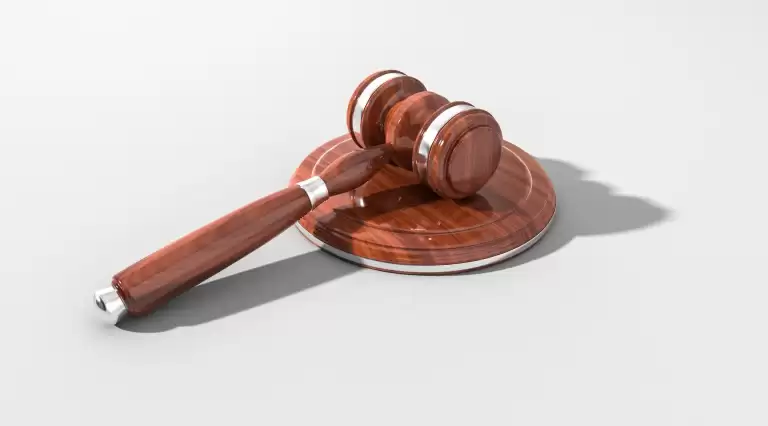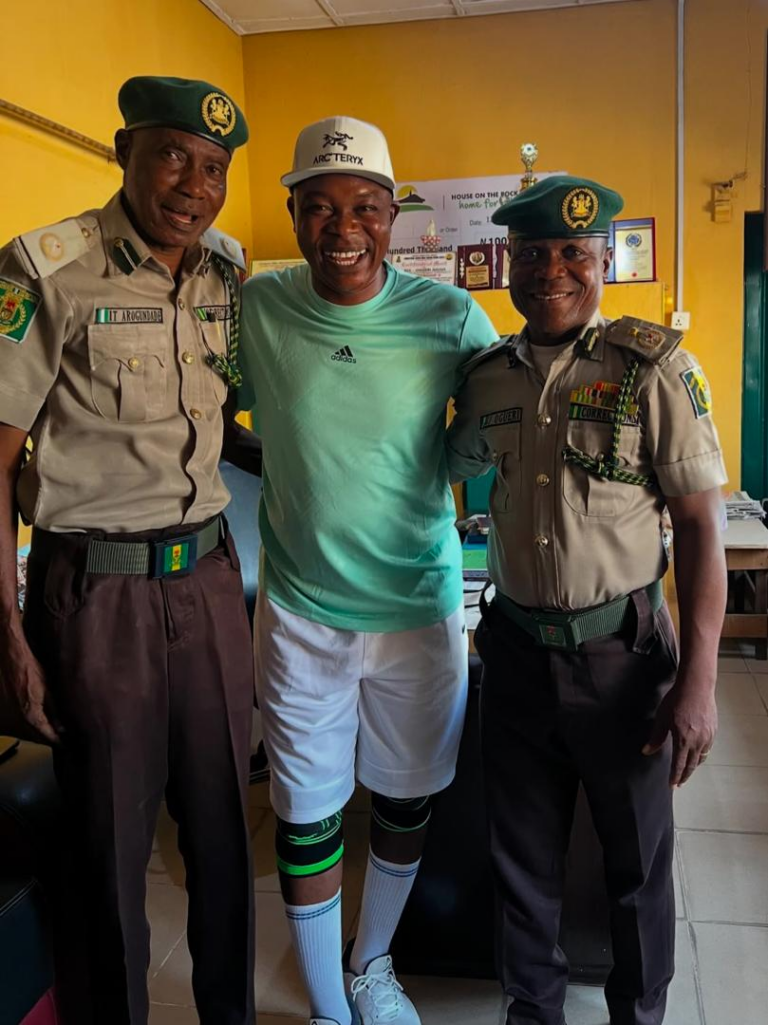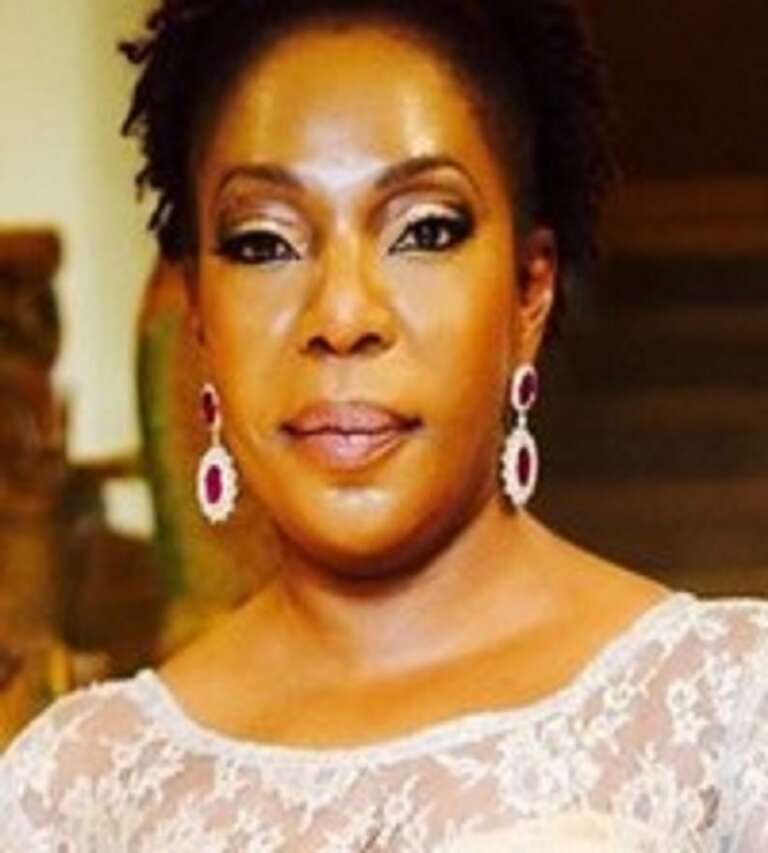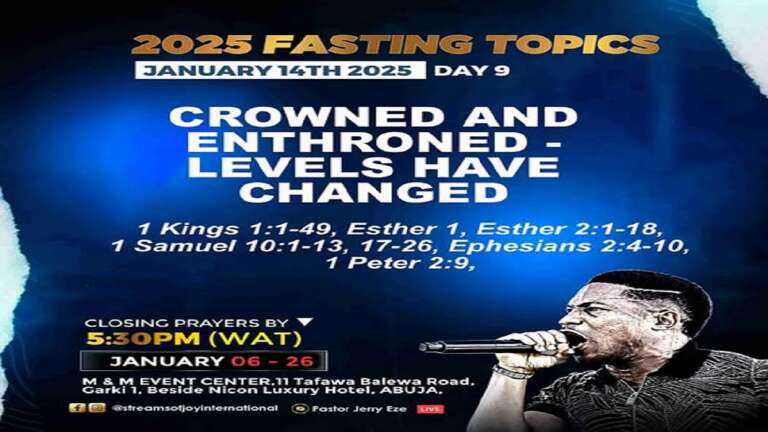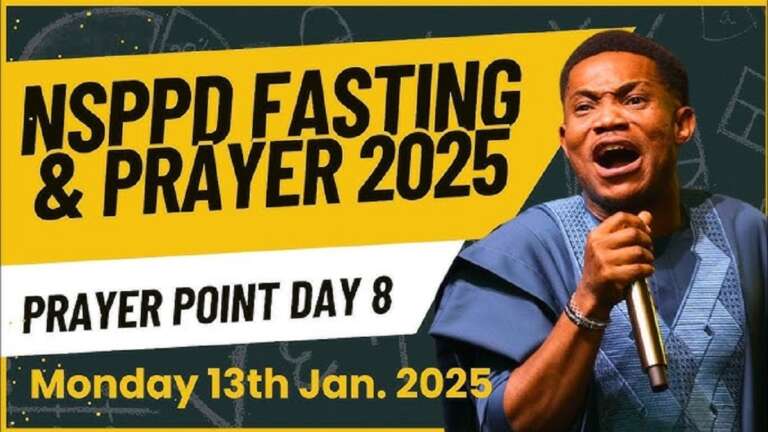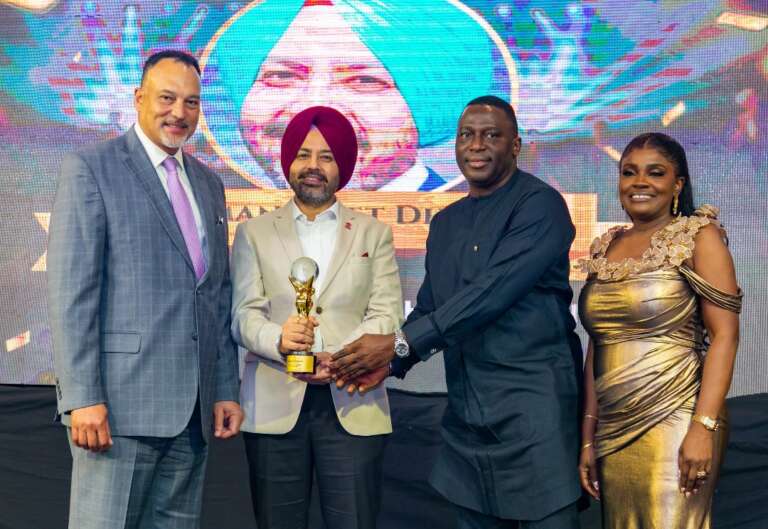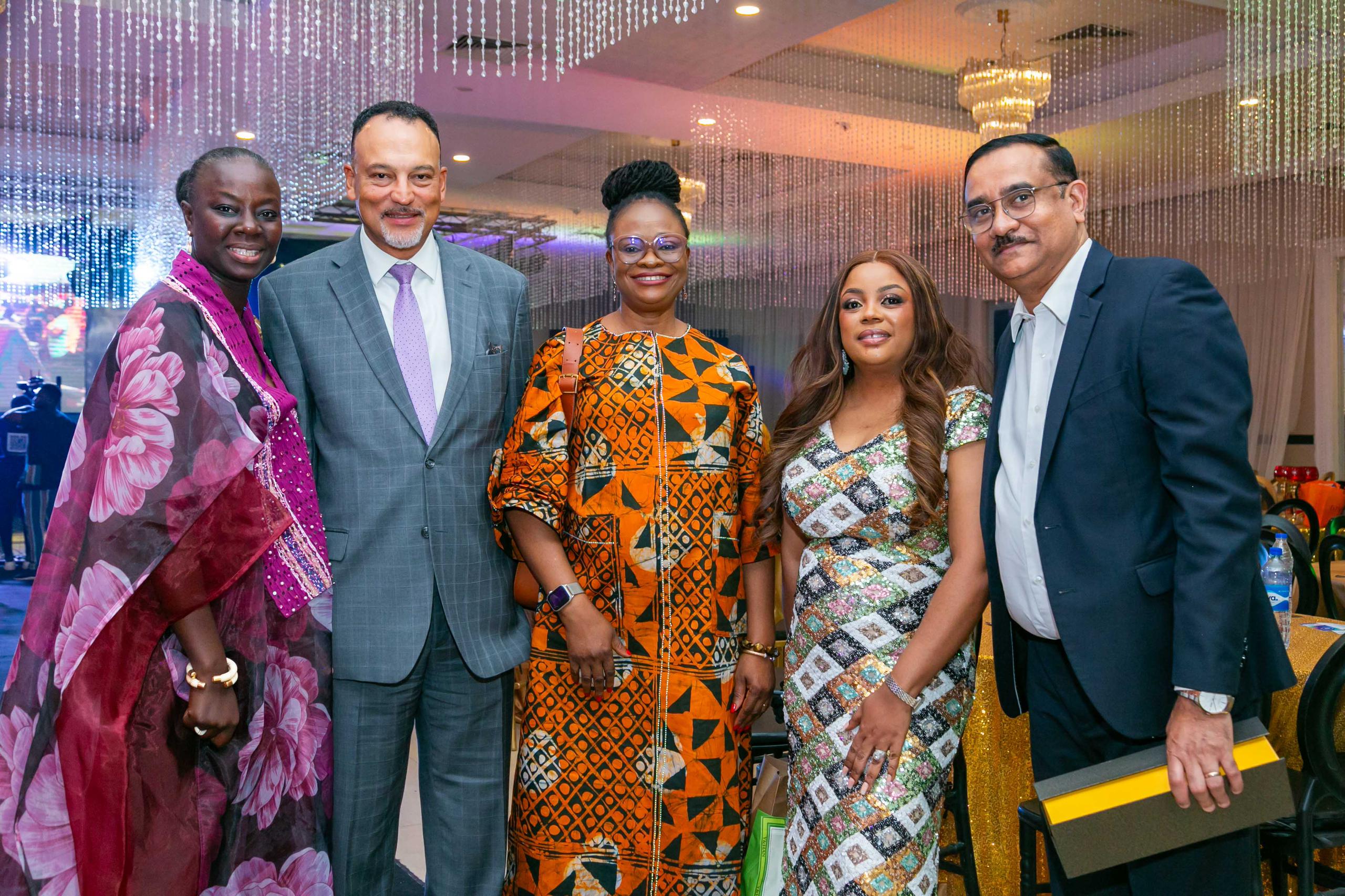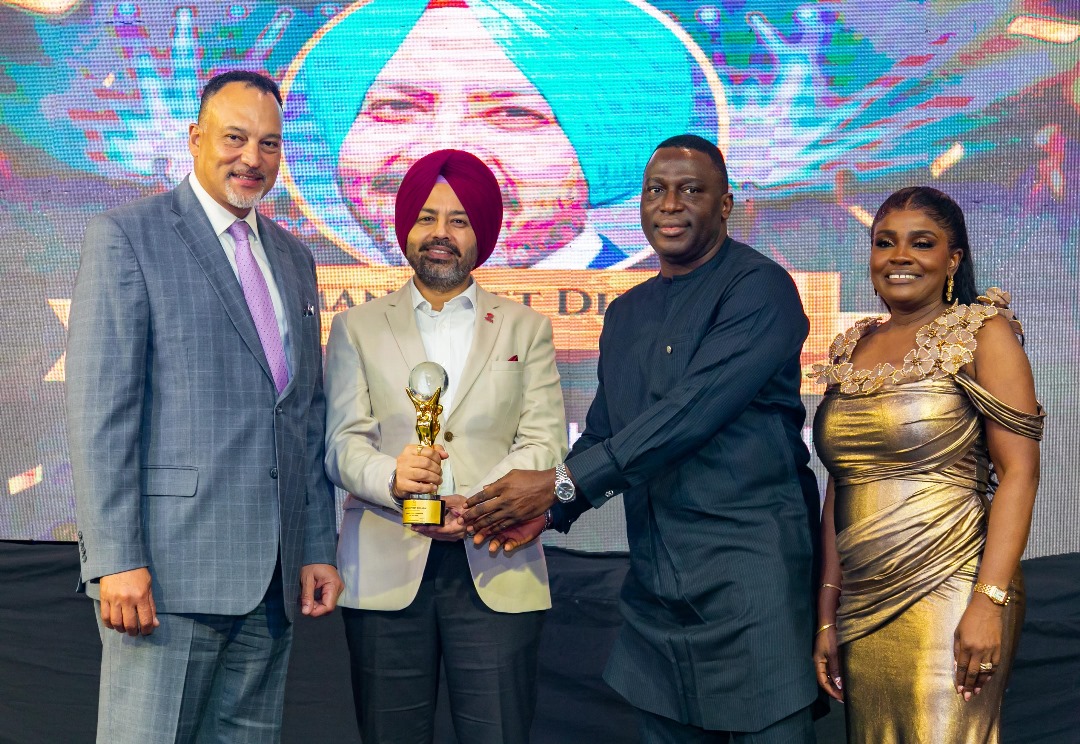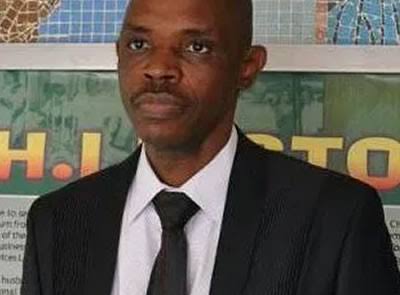By Emeka Nwadioke
The last has not been heard of the celebrated sexual assault case of Dr. Olufemi Olaleye, the Medical Director of Optimal Cancer Care Foundation, Lagos.While the medical doctor was found guilty and sentenced to double life imprisonment by Justice Rahman Oshodi of the Lagos State High Court, reprieve came his way when the Court of Appeal discharged and acquitted him of the two-counted Information filed by the Lagos State Government. However, the prosecution (appellant) has now headed to the Supreme Court with the hope of upturning the verdict of the Court of Appeal. Accordingly, Olaleye’s fate is now firmly in the hands of the law lords at Nigeria’s Supreme Court.
Meanwhile, the legal community waits with bated breath to see in whose favour the pendulum will swing.
Clearly, with the myriad of issues raised by the combatants at the courts below, the apex court’s judgment is bound to put its imprimatur on some grey areas in the adjudication of sexual offences.
It is recalled that the two counts of Information filed against the respondent read: Count 1: “Dr. Olufemi Olaleye (M) sometime between February 2020 and November 2021 at No. 17 Layi Ogunbambi Close, Maryland, Lagos State, in the Ikeja Judicial Division, defiled one xxxxxxx (name withheld) (F) aged 16 years, by having sexual intercourse with her.
Count 2: “Dr. Olufemi Olaleye (M) sometime between February 2020 and November 2021 at No. 17 Layi Ogunbambi Close, Maryland, Lagos State, in the Ikeja Judicial Division, did sexually assault one xxxxxx (name withheld) (F) aged 16 years, by penetrating her mouth with your penis.”
In its effort to prove the case, the appellant called six witnesses while the defence (now respondent) called three witnesses, including the respondent. A staff of Wema Bank Plc was subpoenaed to produce a document. Several exhibits including video recording, CCTV evidence, and a medical report were tendered.In finding the respondent guilty, the trial judge held that the testimony of the alleged victim of the offences (prosecutrix) was credible and undisturbed by the respondent’s rebuttals.
Justice Oshodi held as follows: “I heard these witnesses and observed their demeanour. I understood their evidence. I read the transcript of the proceedings. It is 268 pages long. I considered the documents they tendered and the ones they were confronted with under cross-examination. It is 87 pages long, with four flash drives and several minutes of recording displayed in open court.” But the Court of Appeal thought otherwise, even as it tore the lower court’s judgment into shreds.
Appeal Court’s findings
The appellate court held that the offences against the respondent were not proved based on the evidence before the trial court. Specifically, the court held that there was no proof that the prosecutrix was a child at the time of the alleged offence. Turning to the respondent’s extra-judicial statement, the appellate court held that the trial court fell into error when it failed to conduct a trial-within-trial to determine the voluntariness of the statement, especially in light of the fact that the respondent stated that he made the statement “under extreme duress.”
On the medical report resulting from a medical examination of the prosecutrix, the appellate court held that it was manifestly unreliable as a piece of evidence to convict the respondent. It noted that while the offences as charged related to alleged conducts that took place between February 2020 and November 2021, the medical report was based on a “second incident” that purportedly occurred on 15th March, 2022 at 2:45 pm. While the trial court held that Insp Esther Igbineweka (PW4) of the Police Gender Unit said she neither has nor watched the CCTV evidence allegedly submitted to the police by the respondent where he asserted that it was Meshach, the gateman, who violated the prosecutrix, the Court of Appeal held that Insp Igbineweka confirmed receipt of the CCTV evidence but said that she never watched it; rather, she sent it to the Legal Department of the Nigeria Police.
On the second count charge, the appellate court held that “The Prosecution has been unable to prove and establish lack of consent which is an important ingredient of the offence of sexual assault. This is fatal to the Prosecution’s case.” The above are some of the knotty issues the Supreme Court has been invited to untie in the celebrated case. It is suggested that in embarking on this arduous task, the apex court is not bereft of a guide. What is more, the apex court has handed down several principles on adjudication of sexual offences. As recently as 8th April, 2022, the Supreme Court handed down judgment in the defilement case of MADUABUCHI ONWUTA V THE STATE OF LAGOS (2022) 18 NWLR (Pt. 1863) 701. However, it was in the seminal case of BONIFACE ADONIKE V THE STATE (2015) 7 NWLR (Pt. 1458) 237 that the apex court made far-reaching pronouncements on several aspects of a defilement trial.
Clearly, the first crucial port of call in any criminal trial are the elements or ingredients of the case. Needless to state that while rape and defilement are often confused, the key factor is that in a defilement case, the victim (child) is incapable of giving consent. Setting out the hurdle to be scaled by the prosecution, Justice Bode Rhodes-Vivour (JSC, as he then was) held in Adonike’s Case (at PP. 284-285, paras. G-A) that Section 218 of the Criminal Code Act creates the offence of defilement of a girl under the age of 11 years, adding that “To succeed the prosecution must prove beyond reasonable doubt: that the accused/appellant had sex with the child who (a) was under the age of 11 years; (b) that there was penetration into the vault of the vagina; and (c) the evidence of the child must be corroborated. The evidence for defilement is the same as in rape expect that for defilement it is immaterial whether the act was done with or without the consent of the child.”
In the instant case, though the respondent was charged under Section 137 of the Criminal Law Cap C17 Vol. 3 Laws of Lagos State, 2015, the benchmark remains the same in proving an offence of defilement while a “child” is any person below the age of 18 years.It is noteworthy that recent defilement cases often turn on a particular incident of alleged sexual assault against a defendant wherein an eyewitness is called to corroborate the account of the prosecutrix, usually with the aid of a medical report.
This author recalls that CCTV evidence was recently called in aid by the prosecution in the celebrated case of STATE OF LAGOS V OLANREWAJU JAMES aka “Baba Ijesha.”
Further, where the prosecutrix has been medically examined – preferably within 48 hours of the incident – and a medical report is presented in evidence against the accused person, the courts are likely to act on such evidence to hold that the accused person committed the offence.
Accordingly, it remains to be seen whether the fact that the alleged defilement spans between February 2020 and November 2021 is a fact in issue in the instant case.More importantly, consistent with the ingredients set out by the apex court, the appeal will turn on whether the respondent had sex with the prosecutrix.
It is a notorious fact that incidences of sexual assault are often clothed in secrecy. This has led the Supreme Court to hold in ADENEKAN V. THE STATE OF LAGOS (2021) 1 NWLR (Pt. 1756) 130 at page 186, paras. C-E that “The proof of offence of defilement of a child largely depends on the primary evidence of the two people involved, i.e., the victim and the alleged offender, because it is an offence ordinarily and usually committed in secrecy and out of view of other persons.” See also LUCKY V. STATE (2016) 13 NWLR (Pt. 1528) 128.
Accordingly, and save in very few instances where CCTV evidence is available, the courts have often relied on circumstantial evidence to hold that a defendant violated a child.
However, a high threshold is again set for the nature of circumstantial evidence that would avail the prosecution in order to secure conviction.
Dwelling on this point, the apex court held in ONWUTA V STATE OF LAGOS (2022) 18 NWLR 701 at Pp. 725-726, paras. F-E; 731, paras. D-H: that “Circumstantial evidence requires an inference to be made to establish a fact, and in certain cases, circumstantial evidence may be even more powerful than direct evidence, which proves or disproves a fact directly.
Circumstantial evidence is very often the best evidence. It is evidence of surrounding circumstances which is capable of proving a proposition with the accuracy of mathematics. It is no derogation of evidence to say it is circumstantial.
But the circumstantial evidence sufficient to support a conviction must be cogent, complete and unequivocal. It must be compelling and must lead to the irresistible conclusion that the prisoner, and no one else, is the perpetrator of the alleged act. The facts must be incompatible with innocence of the accused and incapable of explanation on any reasonable hypotheses than that of his guilt. Circumstantial evidence must point directly to the accused as the person who committed the offence.”
A medical examination conducted contemporaneously with the alleged incident is often relied upon by the courts to convict a defendant. In the instant case, while the trial court believed the evidence of the prosecution witnesses including the prosecutrix and the respondent’s wife, the Court of Appeal held that the pieces of evidence were either worthless, tainted or manifestly unreliable.
While it is a settled principle of law that courts can convict on the evidence of a sole credible witness, this is not the case in defilement cases where the unsworn evidence of the child must be corroborated.
Corroboration is often secured vide an eyewitness account, a CCTV evidence or a medical report among others. In the instant case, while the apex court is invited to adjudge the credibility of the prosecution witnesses, the appeal will also turn on whether the medical report ties the respondent inextricably to the offence as charged.
The Court of Appeal has held that the medical report dealt with a sexual assault which allegedly took place on 15th March, 2022, while the charge relates to the period between February 2020 and November 2021.
Clearly, this is one of the key issues that the apex court is likely to pronounce upon.There is no gainsaying that the apex court will be invited to pronounce on the hotly contested issue of whether the prosecutrix was a child at the time of the alleged offences.
What trial court relied on
The trial court relied on circumstantial evidence in holding that the prosecutrix was a child. In fact, it also relied on a Court of Appeal decision in ONUORAH & ANOR VS. ONUORAH (2018) LPELR-46315 (CA) where the appellate court per Umar, JCA held that “The law is settled that in establishing one’s age, the evidence of a person who was present when he was born such as either of the parent, is direct admissible evidence.
When that is not possible, his birth certificate with evidence of identification will suffice. But when the above two mentioned are not possible, then the opinion of an expert who examined the person whose age is under determination is admissible. See the Nigerian case of MODUPE VS. STATE (1988) 9 SCNJ 1 and also the English cases of R. V RISHWORTH (1842) 2 QB 476 and R. V Cox (1898) 1 QB 179.
“I must point out that none of the three instances highlighted above was met. But then, do I now throw the case away because none of the legally approved ways of determining age was met? I say No to that because it will amount to injustice as against doing substantial justice. See Odua Investment Co Ltd Vs Talabi (1997) 10 NWLR (Pt. 523) 1 at 52. Paras E – F where my Lord Ogundare JSC said and I quote: Technicalities are a blot upon the administration of the law and the Courts have moved away from allowing them to make an ass of it and dent the image of justice”.
But the Court of Appeal disagreed sharply with the above dictum in the instant case, holding that the age of the prosecutrix must be proved by any of the three methods set out in Onuorah’s Case.
The respondent also contends that the alleged age of the prosecutrix (16 years) is a borderline age which may in fact tilt it towards 18 years. It is trite that the charge of defilement would collapse unless the court determines that the prosecutrix is in fact a child.
The third hurdle to be surmounted by the appellant is whether there was penetration into the vault of the vagina. This ingredient is often proved vide a medical examination of the prosecutrix.
The courts usually place reliance on medical examinations carried out contemporaneously with the alleged sexual assault.
The reverse is also true. In ADENEKAN V. THE STATE OF LAGOS (supra), the Supreme Court held that “penetration” in relation to criminal law means the entry of the penis or some other part of the body or a foreign object into the vagina or other bodily orifice no matter how slight. See also ISA V STATE (2016) 6 NWLR (PT. 1508) 243 @74 paras. C-D.
Aside from showing that sexual intercourse occurred, penetration can also be proved by the evidence of rupture of the hymen, though such rupture is not mandatory in defilement cases. Again, the contested medical evidence in the instant case will take centre-stage at the apex court.The final hurdle to be crossed by the appellant is whether the evidence of the child was corroborated. The trial court held that there was a surfeit of evidence that corroborated the testimony of the prosecutrix.
These include the testimonies of the respondent’s wife, the two investigating police officers, the Child Forensic Interviewer, the medical doctor who examined the prosecutrix, and the medical report itself. Others are the respondent’s extra-judicial statement, an undertaking endorsed at the Anthony Police Station, and email and WhatsApp communication with the respondent’s wife.
But the Appeal Court thinks otherwise. It held that the respondent’s wife was a tainted witness who was out to cash in on the respondent’s incarceration, adding that the evidence of the other witnesses were not direct evidence but a rehash of what the prosecutrix told them.
Turning to the medical report, the appellate court described it as a “worthless piece of paper in so far as it had no nexus with the allegation leveled against the appellant.” It held that the report dealt with a sexual assault which allegedly occurred on 15th March, 2022 and “stated recent forceful penetration,” while the charge turns on alleged sexual assault that took place between February 2020 and November 2021.
The court also held that the testimony of the medical doctor was impeached, worthless and incapable of corroborating the prosecutrix’s testimony. It is highly debatable whether, as quoted by the Appeal Court, the apex court held in POPOOLA V STATE (2013) 17 NWLR (Pt. 1382) PAGE 96 AT 117, that “a medical report is mandatory once an accused denies offence.”
In the said case, the Supreme Court held that the absence of medical examination will not disturb corroboration vide other pieces of evidence.
Dealing with the case which turned on the rape of a high school girl, the apex court (at page 117, paras E-G) held that “That posture for the mandatoriness of medical report would only be relevant if there was denial of the offence by the accused, which the circumstances prevailing having not supported. Also, it cannot be correct that once there is denial of the offence by an accused, no other corroborative evidence would suffice. This is because each case must be considered on its own peculiar facts and circumstances as it is not the law that once there is a denial without medical report, the prosecution fails.
What is required is that once denial is at play the court is encouraged to look for a medical report showing injury to the private part of the prosecutrix or any other part of her body. See Iko v. The State (2001) SCNJ 39, (2001) 14NWLR (Pt. 732) 221.“In the case in hand, where there is no medical report but the confessional statement of the appellant is direct, cogent, positive and in fact lends strong support to the evidence of the prosecutrix, it stands to reason therefore that the corroboration desired is in place and the requirement of the law complied with…. [Iko v. State (2001) 14 NWLR (Pt. 732) 221 referred to.]”
Another panel of the Appeal Court aligned with the above decision while delivering judgment on 8th January, 2021, in the case of ONUOHA JAMES V STATE OF LAGOS (2021) LCN/14936 (CA).
The court held as follows: “From the aforementioned, I hold the view that the medical report was not a prerequisite in establishing the offence of defilement,” adding that “From the evidence of PW1, PW2, PW4 & PW5, the ingredient of penetration has been established and that there was sexual assault on the PW1.”
Also in AFOR LUCKY V STATE (2016) 13 NWLR (Pt. 1528) 128, the apex court, per Ngwuta (JSC as he then was), held that indirect evidence may be used to corroborate a case of rape in the absence of a medical report, saying: “In a majority of cases where the rapist was not caught in the act and was not subjected to medical examination there is usually no direct evidence that the appellant raped the prosecutrix as alleged. Corroboration of the evidence of the prosecutrix that the appellant raped her can be gleaned from the pieces of evidence before the trial court, or inference drawn from same.
“In the case at hand, while there is ample corroborative evidence that the PW1 was raped there is no direct evidence, in my view, corroborating the evidence of the PW1 that it was the appellant who raped her.
”While it is trite that a confessional statement could be used to ground conviction of a defendant, the Appeal Court has held in the instant case that the absence of a trial-within-trial at the lower court meant that the respondent’s extra-judicial statement at the Anthony Police Station could not be relied upon. Though the trial court held that the statement was only deployed under Section 232 of the Evidence Act to impeach the respondent’s testimony, the appellate court held that the trial court in fact relied on the statement to convict the respondent without enquiring into its voluntariness. Justice Rhodes-Vivour had held in EMMANUEL EKE v THE STATE (2011) 1-2 SC [pt. II] 219-2700 that “
A confessional statement found not to have been voluntary is worthless.”
Continuing, he added: “A trial-within-trial, a mini trial ensures that an accused person is treated fairly in a criminal trial. The procedure guarantees equality in the criminal justice system thereby keeping the streams of justice pure. Where the prosecution seeks to tender an extra judicial confessional statement of an accused person and it is challenged on the ground that it was not made voluntarily, a trial within trial is conducted for the sole purpose of finding out if the statement was made voluntarily or whether the confessions were beaten out of the accused person. If at the end of a trial within trial, the trial judge is satisfied that the confessional statement was not voluntary, such a statement is not admissible in evidence.
If on the other hand the statement was made voluntarily, it is admitted in evidence. In both cases, the judge should rule accordingly and bring the trial within trial to an end. The main trial then continues.
”It is noteworthy that Count 2 of the Information states that the respondent “sometime between February 2020 and November 2021 at No. 17 Layi Ogunbambi Close, Maryland, Lagos State, in the Ikeja Judicial Division did sexually assault one (name withheld) (F) aged 16 years, by penetrating her mouth with your penis.”
The charge was brought under Section 261 of the Criminal Law of Lagos State, 2015.While the trial court found the respondent guilty and sentenced him to life imprisonment, the Court of Appeal disagrees.
The appellate court held that “The Prosecution has been unable to prove and establish lack of consent which is an important ingredient of the offence of sexual assault.
This is fatal to the Prosecution’s case” ORIYOMI VS STATE (2023) LPELR-61037 (CA); AKILE VS FRN (2020) LPELR-51470 (CA). Section 261 of the Criminal Law of Lagos State 2015 provides that “Any person who penetrates sexually, the anus, vagina, mouth or any other opening in the body of another person with a part of his body or anything else, without the consent of the person commits a felony and is liable on conviction to imprisonment for life.”
Clearly, the apex court has been thrust with a golden opportunity to restate or birth some principles as it relates to the all-important jurisprudence around sexual assault and especially defilement cases. As Justice Niki Tobi (of blessed memory) once stated while interrogating the then vexed issue of corroboration, “I realise that the law of corroboration in the offence of rape is in some flux or state of confusion.
It is hoped that this court will have an opportunity in the future to look at the decisions on the issue. As this is not such an opportunity, I will leave the issue hanging.” Instructively, the apex court took heed of this clarion call to restate the law on corroboration. It is hoped that the Supreme Court will not only clearly overrule itself where necessary, but will not leave any issue hanging.
Nwadioke is a senior lawyer and trial attorney.

